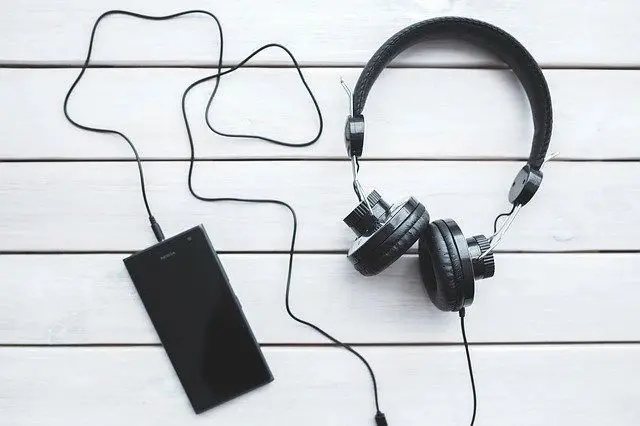
Making the Most of DIY Hearing Care
Over-simplifying hearing loss?
The son who had accompanied his mother to a hearing loss meeting shared confidentially that he liked his music loud and that he did not worry about hearing damage. He felt that he heard enough and that nowadays hearing loss is easy. “With all of that technology out there, you fix it yourself,” he said.
The truth is that hearing loss is never easy. Not at any age. It is a quality-of-life issue that affects all aspects of life. To this day, technology can help but it does not “fix” hearing loss. It is overly simplistic to think that hearing can be endangered and damaged at will while the magic of “all of that technology out there” will revive or fix it. If only it were that easy!
The age of self-help
When it comes to hearing loss, it is often said that any help is better than no help. Equitable communication access at affordable prices is at stake and the emphasis is on “help.”
Although people with complicated or severe losses will always need professional care, mild to moderate hearing losses now qualify for self-help. Of course, manufacturers respond with enthusiasm to this opening market and the sudden flood of hearing assistive devices might indeed suggest that hearing loss is “easy.”
Clients get the opportunity to self-treat their hearing, which also means that they self-diagnose and self-educate on matters of hearing loss and technology. Essentially, they are on their own. But how tech-savvy does one have to be in order to make sense of the industry offerings?
And so, the journey through the maze of smartphone apps, hearables, wearables, PSAPs, Bluetooth that pairs and synchs with or without adapters and streamers as well as an onslaught of soon to-be-released over-the-counter (OTC), self-fitting hearing aids can be a challenging one. Some OTC instruments are already on the market.
Key guiding messages still count
No matter how or where hearing help is obtained, key guiding messages still apply:
· What causes the hearing changes? A professional hearing test that evaluates the whole ear can help diagnose the type and extent of the loss. Then it is up to the client to seek the necessary help.
· So far, hearing loss related to the inner ear and/or hearing nerve (the most widespread type) cannot be fixed – although research is ongoing.
· Do not let hearing loss get worse and preserve any residual natural hearing.
· Manage expectations regarding any technology.
Questions to consider while sifting through the list of possible self-help devices
· What do the specifications and instructions say? Does the instrument or device apply to your condition and need? Does the manufacturer list any cautions and contraindications? Any warnings on volume levels?
· What are the return and warranty policies? What is the payment plan?
· What level of technology is needed in order to work with a system or instrument? Does the consumer have the necessary software, hardware and tech know-how that are needed?
· Is online or local help available and free of charge?
· Can those with limited tech skills identify a family member or friend to help in case of glitches and snags? This prevents having to call on paid specialists.
· Are additional devices needed in order to enable technology features, such as adapters and streamers for Bluetooth?
Keep common sense alive
The fact that a hearing implement can be bought without help online, in stores or by direct-to-consumer sale, does not mean that it will be helpful, easy to use or affordable. Also, there are limits to self-help. For instance, having to turn the volume of a device consistently to maximum levels is not a good sign. Might it be a fitting issue or has the hearing loss progressed beyond the mild to moderate range and different help is needed? As the customer is left to make those decisions, it is important to keep on learning and to never discount common sense and critical thinking alive.
In the end…
We are lucky to have access to almost unlimited choices for hearing better. Although technology helps, it does not repair damage. It does not replace awareness and learning. It does not release us from our responsibility to prevent further losses and to preserve whatever natural hearing we have. Because, in the end, when it comes to hearing, Mother Nature does it best.
*****
For Industry Hearing Safety Training or for general presentations on Hearing Loss Prevention, please see this website or email [email protected]
Virtual presentations as COVID lingers..
Interested in Hearing Loop Technology for better hearing in loud places? Check out loopminnesota.org